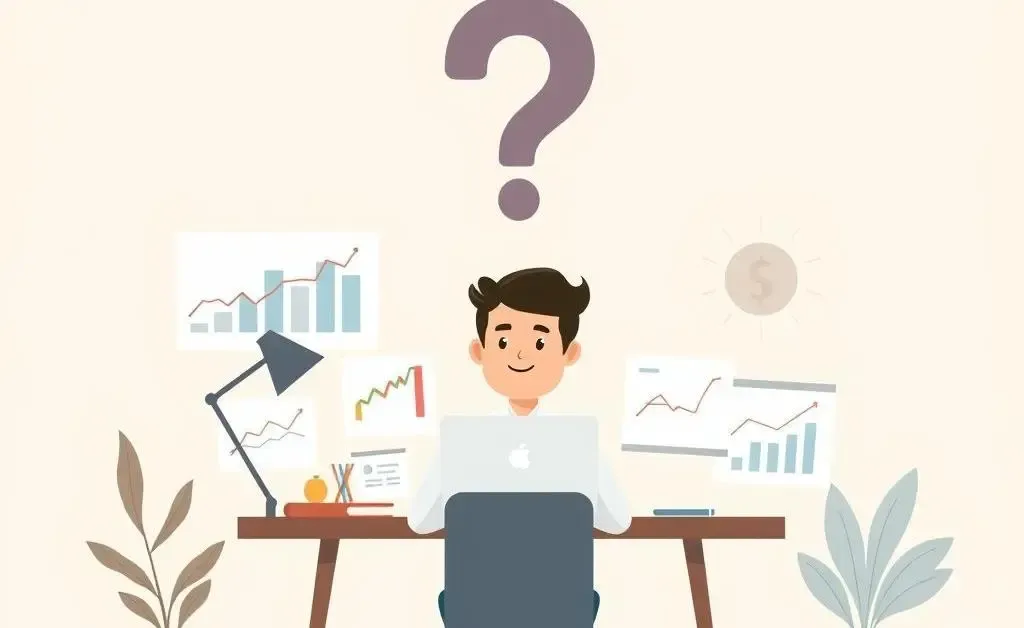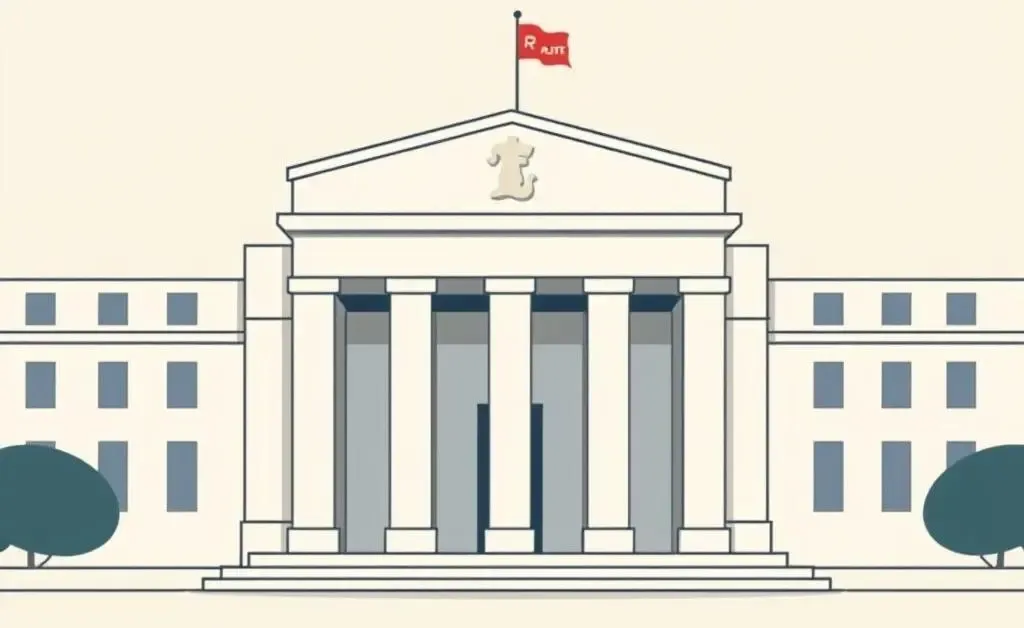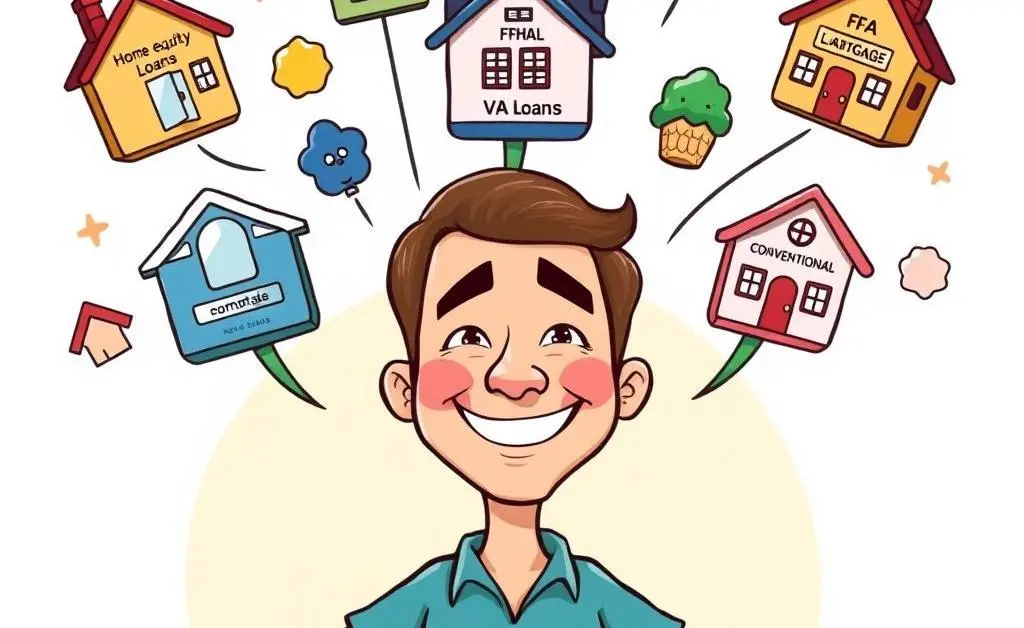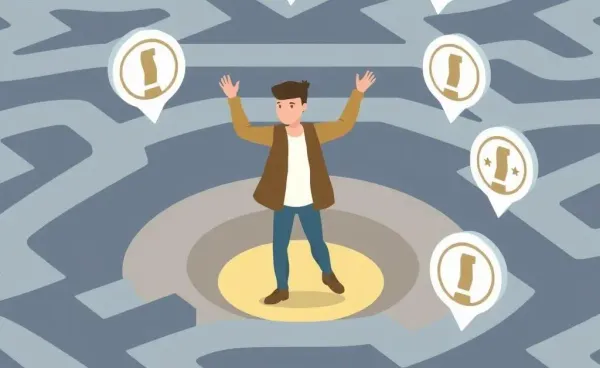Navigating Interest Rate Changes: A Friendly Guide to Understanding the Federal Reserve's Moves
Discover how Federal Reserve rate changes impact your finances in simple, relatable terms.

Hey there! If you’ve been feeling overwhelmed by all the talk about interest rate changes and the Federal Reserve, you’re not alone. I know these topics can sound dry and complicated, but don’t worry — I’ve got your back. Let’s dive into why these changes happen and what they mean for you without the headache of financial jargon.
What Are Interest Rates and Why Do They Change?
In simple terms, interest rates are the cost of borrowing money. The Federal Reserve, often referred to as 'the Fed', is in charge of setting these rates. They do this to help keep the economy in balance. Sounds fancy, right? Basically, when the economy is overheating or inflation is rising too fast, the Fed may hike up interest rates to cool things down a bit. Conversely, if the economy needs a little push, they might lower rates to encourage borrowing and spending.

How Do Interest Rate Changes Affect You?
Alright, let’s get to the real question: how do these interest rate changes affect you and your money? Here are a few scenarios:
- Loans and Mortgages: If you’re thinking about buying a home or refinancing, higher interest rates will increase your monthly payments. On the flip side, if rates are dropping, it could be a good time to lock in a lower rate.
- Savings Accounts: Higher interest rates typically mean better returns on your savings. Your bank may offer more attractive interest rates on savings accounts or CDs when the Fed raises rates.
- Credit Cards: Even your credit card interest rates can be affected. A rise in rates often means higher repayments on any outstanding balances.

Should You Worry About Inflation?
Inflation is another big topic that gets mentioned alongside interest rates. Simply put, inflation is the rate at which the prices of goods and services go up. A little inflation is normal, but when it’s too high, it can erode your purchasing power. The Fed adjusts interest rates in part to control inflation. If you're budget-conscious, pay attention to these signs of inflation as they can impact your grocery bill, energy costs, and overall cost of living.

Things You Can Do
Now that you know a bit more about how interest rates work and why they matter, here are a few tips on how you can be proactive:
- Review Your Debt: Consider refinancing or consolidating your loans if you’re exposed to rising rates.
- Build an Emergency Fund: Having a financial safety net can help cushion the impacts of rate hikes and inflation.
- Track Your Budget: Keeping tabs on your spending can help you adjust your budget in response to rising prices.
Hopefully, this chat has cleared up some of the mystery surrounding interest rates for you. It’s all about staying informed and making smart choices with your money. Have you experienced any changes due to recent rate moves? Share your story — I'd love to hear about it!




